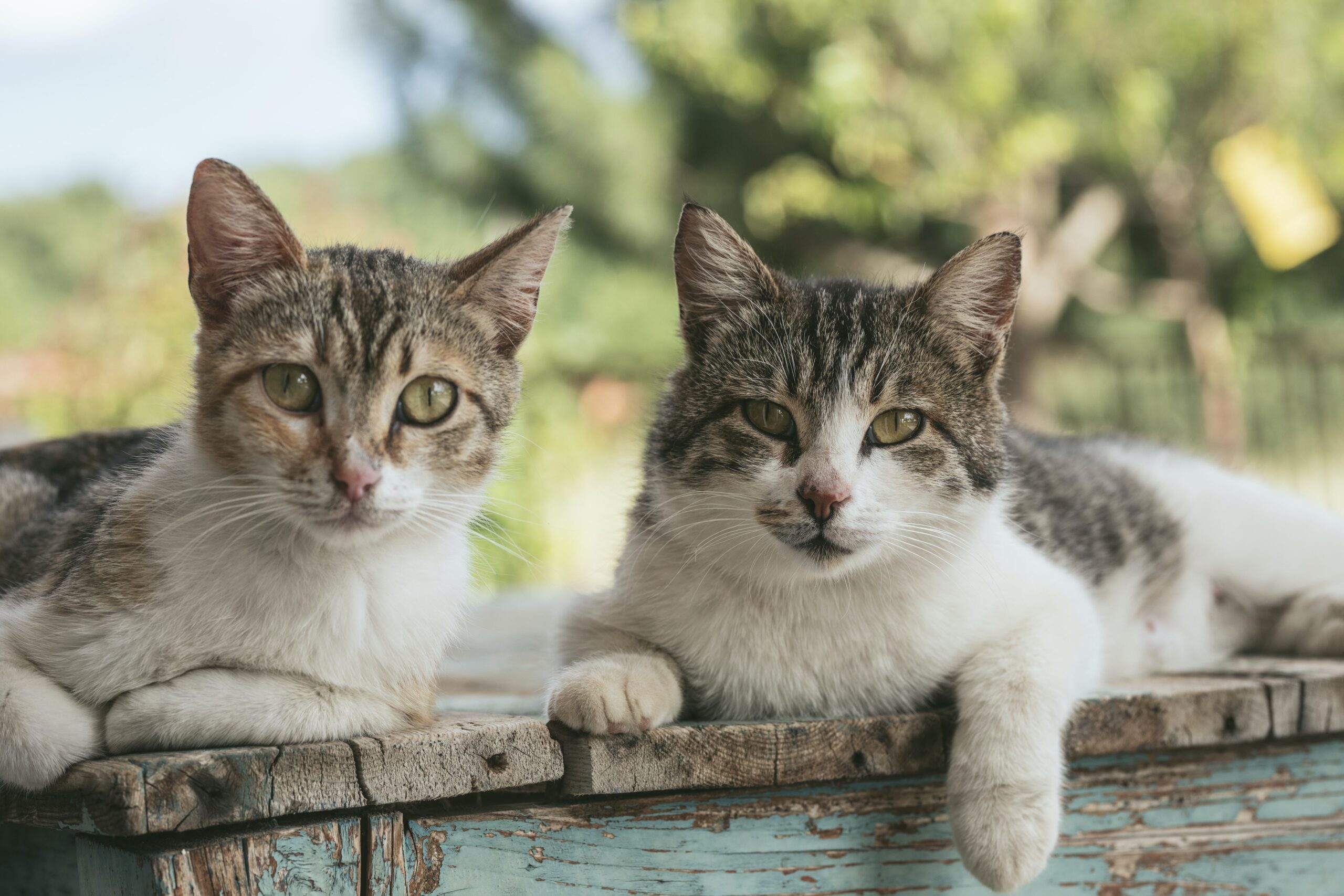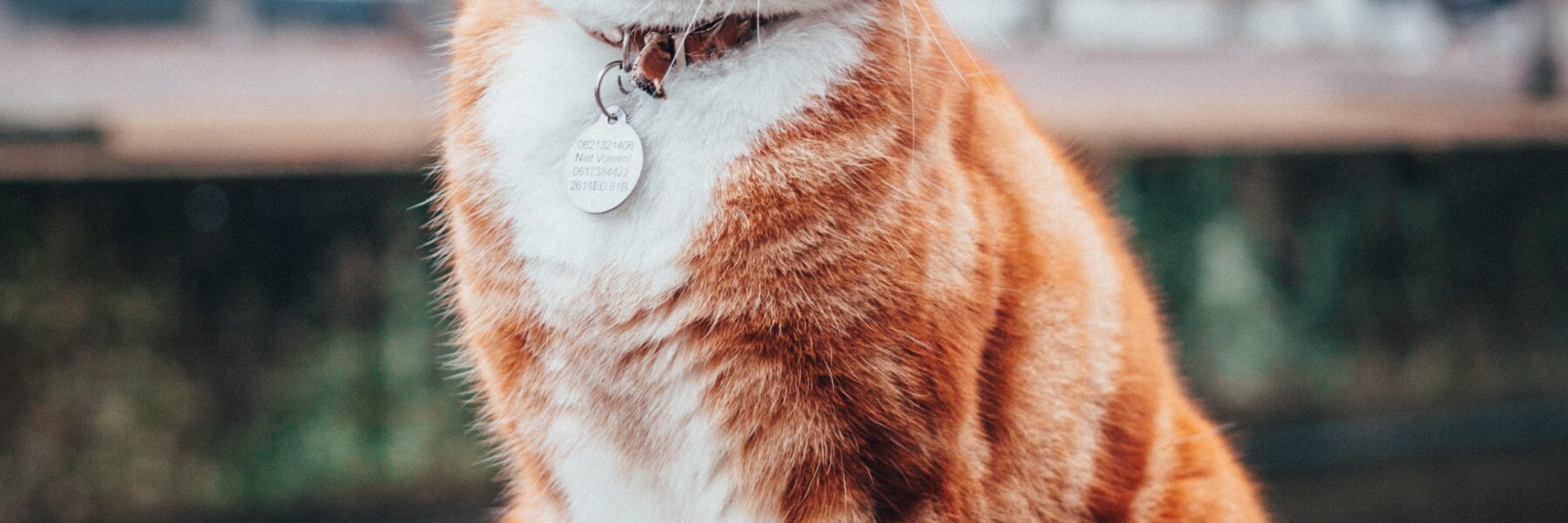If you’re someone who cringes at the sight of a creepy crawly spider scurrying across the floor, you may have wondered if your feline friend is capable of coming to the rescue. In the ever-lasting battle between cats and spiders, the question remains: do cats possess the innate ability to rid our homes of these eight-legged pests? In this article, we’ll explore the intriguing relationship between cats and spiders, shedding light on whether these furry companions are indeed the heroes we’ve been hoping for.
The Hunting Instinct of Cats
Cats are natural-born hunters, and their hunting instincts can be traced back to their ancestors in the wild. The domestication of cats over thousands of years has not diminished this innate desire to hunt. Even if your cat spends most of its time indoors, it still retains that primal instinct to stalk and capture prey. This hunting behavior extends to a wide range of creatures, including spiders.
Origins of the Hunting Instinct in Cats
The hunting instinct in cats can be traced back to their evolutionary history. Cats’ ancestors were solitary hunters who relied on their hunting skills to survive. This instinct has been passed down from generation to generation, leading to the exceptional hunting abilities we see in domestic cats today.
Characteristics of the Hunting Behavior
When a cat is in hunting mode, it exhibits several distinctive behaviors. These include stalking, pouncing, and capturing prey. Cats have an incredible ability to sense movement and are skilled at quietly approaching their target. Once they have locked onto their prey, they utilize their exceptional agility and speed to make the capture.
Why Some Cats Have a Stronger Hunting Instinct
While all cats possess a hunting instinct, the intensity of this behavior can vary from cat to cat. Some cats may have a stronger hunting instinct due to factors such as genetics, early socialization, or individual personality traits. Cats that have had exposure to hunting experiences from a young age may develop a more pronounced hunting instinct compared to those who haven’t had such opportunities.
Cats and the Spider Population
Spiders are a common presence in many homes and outdoor spaces. They play a crucial role in maintaining the balance of the ecosystem by feeding on other insects, including potential pests. However, when spider populations become too large or when certain species pose a threat to human safety, it becomes necessary to control their numbers. This is where cats can play a vital role.
The Influence of Cats on the Spider Population
Cats can have a significant impact on the spider population, particularly in their immediate environment. By actively hunting and catching spiders, cats help reduce their numbers and prevent potential infestations. A cat’s presence alone can serve as a natural deterrent for spiders, discouraging them from invading living spaces.
Cats’ Impact on the Ecosystem
While cats can help control spider populations in their immediate surroundings, it’s important to consider their impact on the broader ecosystem. Cats primarily focus on hunting small prey like spiders, but they may also catch other insects and small animals. This can disrupt the natural balance of the ecosystem if their hunting activities become too excessive.
Balance between Cats and Spiders in the Environment
The ideal scenario is to strike a balance between cats and spiders in the environment. Cats can help keep spider populations in check, preventing excessive infestations. However, it’s important to ensure that their hunting activities don’t tip the scale too far, causing a significant decline in the spider population. Striking the right balance is crucial for maintaining a healthy ecosystem.

Benefits of Cats Killing Spiders
Beyond simply reducing the spider population, cats killing spiders offer a range of benefits that extend to both humans and cats themselves. Their natural hunting abilities can promote a safer living environment and even help alleviate spider-related phobias.
Reduction of Spider Infestations in Homes
One of the most obvious benefits of cats killing spiders is the prevention and reduction of spider infestations in homes. Their presence and hunting skills act as a deterrent for spiders, making them think twice before invading living spaces. As cats keep spider populations under control, the chances of encountering a spider nest or a sudden influx of these creatures decrease significantly.
Cats as Prevention for Spider-Related Phobias
For individuals with arachnophobia, the fear of spiders can be debilitating. Having a cat skilled in spider hunting can provide a sense of security and peace of mind. The knowledge that your feline companion is actively patrolling for spiders and keeping their numbers in check can alleviate anxiety and reduce the fear associated with encountering these eight-legged creatures.
Promotion of a Safer Living Environment
By actively hunting and eliminating spiders, cats contribute to creating a safer living environment for both humans and themselves. Spiders, particularly certain venomous species, can pose a risk to health and safety. Cats play a vital role in minimizing the risks associated with spider bites and the potential spread of spider-borne diseases.
Cats and Different Types of Spiders
Not all spiders are created equal, and cats seem to understand this. They exhibit different levels of interest and hunting behavior depending on the species they encounter. Whether harmless or venomous, cats display certain behaviors and precautions when dealing with different types of spiders.
Cats’ Interest in Different Spider Species
Cats may display varying levels of interest and fascination with different spider species. For example, some cats may be highly motivated to hunt and capture spiders that are fast-moving or have distinctive markings. On the other hand, they may show less interest in slower-moving or less visually striking spiders.
Cats’ Ability to Differentiate Harmless and Venomous Spiders
Cats have a remarkable ability to differentiate harmless spiders from venomous ones. Through observation and experience, they learn which spiders pose a potential threat and which are relatively harmless. This knowledge helps them prioritize their hunting efforts and take appropriate precautions when dealing with venomous spiders.
Cats’ Safety Precautions while Hunting Poisonous Spiders
When it comes to hunting venomous spiders, cats instinctively exercise caution. They may exhibit slower and more deliberate movements, allowing them to carefully assess the situation and minimize the risk of gettining bitten. It is crucial to ensure the safety of both your cat and yourself by promptly removing any venomous spiders from your living environment.

Cats as Natural Pest Controllers
Cats are not just effective spider hunters; they excel at controlling a wide range of pests. From flies and moths to rodents and snakes, cats serve as natural pest controllers, utilizing their hunting skills to keep unwanted intruders at bay.
Cats’ Role in Controlling Various Pests
Beyond spiders, cats actively hunt and eliminate a variety of pests. Flying insects like flies and moths are common targets due to their quick movements and the instinctual attraction of cats to flying objects. Additionally, cats are known for their ability to catch small rodents, effectively controlling rodent populations that can pose a threat to homes and gardens. Some cats are even skilled at catching snakes, providing an added layer of pest control.
Effectiveness of Cats in Pest Management
The presence of cats alone can be enough to deter pests from invading your living space. The sight and scent of a feline predator can keep rats, mice, and other pests at bay. However, it’s important to note that while cats are undoubtedly effective pest controllers, they may not eliminate all pest-related issues entirely. Supplementing their efforts with other pest control methods may be necessary for optimum results.
Cats as Spider Deterrents
Cats not only actively hunt and capture spiders, but their mere presence can also serve as a deterrent for these arachnids. Establishing a fear association between cats and spiders can help prevent infestations and unwanted encounters within your home.
The Role of Cats in Preventing Spider Infestations
Spiders are naturally cautious creatures, and the presence of a cat in their environment can set off alarm bells. Cats’ hunting instincts and the potential threat they pose can deter spiders from setting up shop in your living spaces. The combination of a vigilant feline and regular cleaning practices can significantly reduce the likelihood of spider infestations.
Creating a Fear Association between Cats and Spiders
Continuous exposure to cats and their hunting behaviors can create a fear association between spiders and the sound of paws or the sight of a cat. Over time, spiders may come to associate feline presence with potential danger, causing them to avoid areas frequented by cats. This can be particularly beneficial for individuals with spider phobia, as the psychological reassurance of a cat’s presence can help alleviate anxiety.

Cats and the Risk of Spider Bites
While cats are skilled hunters, there is always a risk of encountering spider bites during their hunting escapades. It is crucial to be aware of the potential danger and take preventive measures to safeguard your cat’s well-being.
Incidents of Cats Being Bitten by Spiders
Cats can occasionally fall victim to spider bites, especially when hunting venomous species. While the majority of spider bites in cats are not life-threatening and often result in minimal symptoms, it is important to be vigilant and seek veterinary care if you notice any unusual signs or reactions in your cat.
Common Symptoms and Reactions of Spider Bites in Cats
Symptoms of a spider bite in cats can vary depending on the species of spider and the individual cat’s immune response. Common signs include localized pain, swelling, redness, and occasional ulceration at the site of the bite. In more severe cases, cats may experience systemic symptoms such as lethargy, vomiting, muscle tremors, or difficulty breathing.
Preventive Measures to Keep Cats Safe from Spider Bites
To minimize the risk of spider bites, it’s essential to create a safe and spider-free environment for your cat. Regularly inspect your home, particularly dark and quiet areas where spiders tend to hide. Keep those areas tidy and, if necessary, use natural or pet-safe spider repellents to deter them. Additionally, promptly remove any venomous spiders you come across to prevent potential encounters between your cat and these dangerous arachnids.
How Cats Hunt and Capture Spiders
Cats employ a variety of tactics and utilize their exceptional senses to hunt and capture spiders effectively. Understanding their hunting techniques can help you encourage and support their natural hunting behavior.
Stalking and Pouncing Techniques
The key to a cat’s success when hunting spiders lies in their stalking and pouncing techniques. Cats are masters of stealth, patiently observing their prey’s movements and positioning themselves for the perfect ambush. Once they have identified their target, they employ lightning-fast reflexes to execute a precise pounce, capturing the spider before it has a chance to escape.
Cat’s Use of Senses to Detect Spiders
Cats heavily rely on their senses during the hunting process. Their keen sense of hearing allows them to detect even the faintest sound that indicates the presence of a spider or its movements. Their acute vision helps them spot spiders from a distance, particularly those with distinct colors or patterns. Additionally, cats’ sensitive whiskers aid in navigating tight spaces and feeling out the prey’s location.
Playing with Captured Spiders
Once a cat has successfully captured a spider, it may indulge in playful behavior. Cats may bat the spider around, paw at it, or engage in a playful wrestling match. This behavior is a natural expression of their hunting instincts and can provide mental and physical stimulation for your feline companion.

Tips to Encourage Cats to Catch Spiders
If you want to encourage your cat to actively hunt and catch spiders, there are a few steps you can take to stimulate their hunting instincts and create a conducive environment.
- Provide interactive toys: Invest in interactive toys that mimic the movement of spiders or other small prey. This will engage your cat’s natural hunting instincts and provide them with an outlet for their predatory energy.
- Set up an indoor hunting area: Designate a specific area in your home where your cat is allowed to engage in hunting behavior. This can be a corner with hiding spots and toys that resemble prey. Encourage your cat to spend time in this area and reward them with treats or praise when they exhibit hunting behaviors.
- Create opportunities for outdoor exploration: If it is safe and appropriate for your cat, allow them supervised outdoor access. Outdoor environments provide a wealth of natural stimuli that can spark their hunting instincts, including spiders and other small prey.
- Encourage playtime and exercise: Engage your cat in regular play sessions using toys that encourage chasing and pouncing. Playfully imitating the movements of spiders can further stimulate their hunting instincts.
Cat Breeds Known for Spider Hunting
While all cats possess hunting instincts to some extent, certain breeds are renowned for their spider hunting prowess. These breeds often have exceptional agility, keen senses, and a heightened drive to chase and capture prey.
Breeds That Are Natural Spider Hunters
Bengals, Abyssinians, and Siamese cats are among the breeds known for their exceptional spider hunting skills. These cats tend to exhibit a high energy level and an intense desire to chase and capture moving objects, making them particularly efficient at spider hunting.
Characteristics and Traits of Expert Spider-Hunting Breeds
The breeds known for their spider-hunting abilities typically share common characteristics. They tend to be highly active and inquisitive, with remarkable agility and lightning-fast reflexes. These cats also have a strong prey drive, which motivates them to seek out and capture spiders and other small prey with great precision.
Popular Spider-Hunting Cats
Beyond breed-specific skills, many individual domestic cats excel at spider hunting, regardless of their lineage. The instincts and hunting abilities are not limited to specific breeds, and even mixed-breed cats can exhibit exceptional spider-hunting skills. It’s important to celebrate and appreciate the unique talents of each and every cat, recognizing their individual contributions to controlling spider populations.
In conclusion, cats have a natural inclination to hunt and capture spiders. Their hunting instincts, coupled with their exceptional agility and sensory acuity, make them excellent spider hunters. Besides reducing spider populations and preventing infestations, cats offer numerous benefits, such as promoting a safer living environment and aiding in the prevention of spider-related phobias. By understanding and nurturing their hunting behavior, you can encourage your cat to actively engage in spider hunting and provide them with mental and physical stimulation. Whether a specific breed known for its hunting prowess or an individual domestic cat, these feline hunters play a vital role in maintaining the balance between cats and spiders in our environment.

